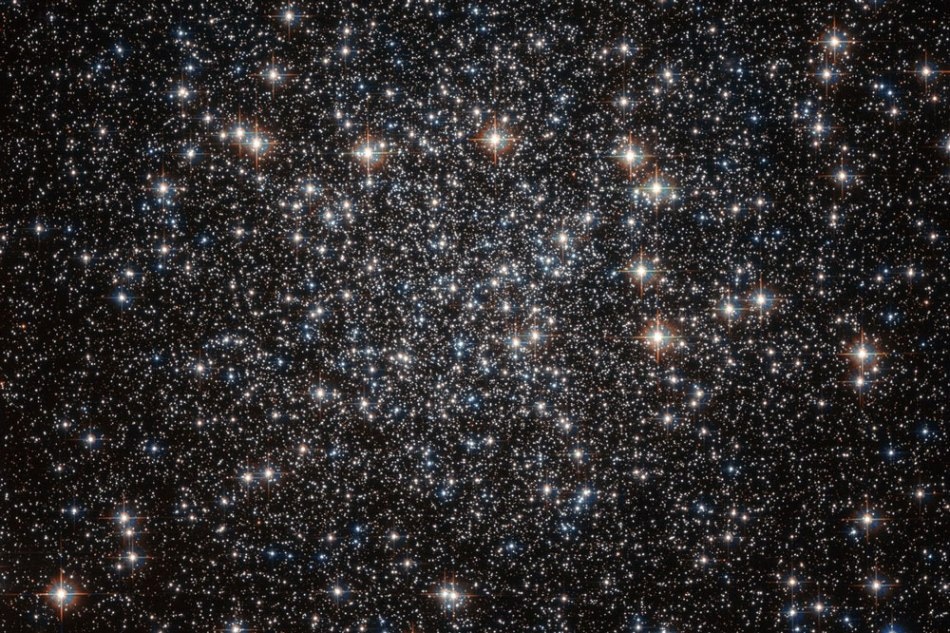Sep 26 2016
 Image Credit: University College London
Image Credit: University College London
A study headed by UCL highlights that the universe is uniformly expanding and that space is not actually spinning or stretching in a chosen direction.
The research was recently published in Physical Review Letters, and it analyzed the cosmic microwave background (CMB), which is considered to be the remnant radiation obtained from the Big Bang. It explains that the universe expands in a similar manner in all directions, supporting all of the expectations that existed for the cosmologists’ conventional model of the universe.
The finding is the best evidence yet that the universe is the same in all directions. Our current understanding of the universe is built on the assumption that it doesn’t prefer one direction over another, but there are actually a huge number of ways that Einstein’s theory of relativity would allow for space to be imbalanced. Universes that spin and stretch are entirely possible, so it’s important that we’ve shown ours is fair to all its directions.
Daniela Saadeh, Physics & Astronomy, UCL
A team of researchers from UCL and Imperial College London used CMB measurements obtained between the period 2009 and 2013 by the European Space Agency's Planck satellite. Recently, the spacecraft revealed details about the polarization of CMB throughout the entire sky for the very first time, offering a corresponding view of the early universe that the researchers were able to exploit.
A comprehensive variety of stretching and spinning situations were modeled by the team. The researchers also demonstrated how these situations could manifest in the CMB, including its polarization. Their findings were then compared with the actual map of the cosmos from Planck, searching for specific signs in the data.
Daniela Saadeh, explained: “We calculated the different patterns that would be seen in the cosmic microwave background if space has different properties in different directions. Signs might include hot and cold spots from stretching along a particular axis, or even spiral distortions.”
We then compare these predictions to reality. This is a serious challenge, as we found an enormous number of ways the Universe can be anisotropic. It's extremely easy to become lost in this myriad of possible universes — we need to tune 32 dials to find the correct one.
Dr Stephen Feeney, Imperial College London
Earlier studies only focused on the rotation of the universe, but this present study is the first to test the possible range of geometries of space. The team used the new data obtained from Planck in order to attain majorly tighter bonds than the earlier study. “You can never rule it out completely, but we now calculate the odds that the universe prefers one direction over another at just one in 121,000,” said Daniela Saadeh.
Most of the existing cosmological studies presume that the Universe acts identically in every single direction. Failure of this presumption will result in a negative impact being left on various analysis of the cosmos and its content.
Daniela Saadeh, added: “We’re very glad that our work vindicates what most cosmologists assume. For now, cosmology is safe.”
The study was supported by the Perren Fund, IMPACT fund, Royal Astronomical Society, Science and Technology Facilities Council, Royal Society, European Research Council, and Engineering and Physical Sciences Research Council.